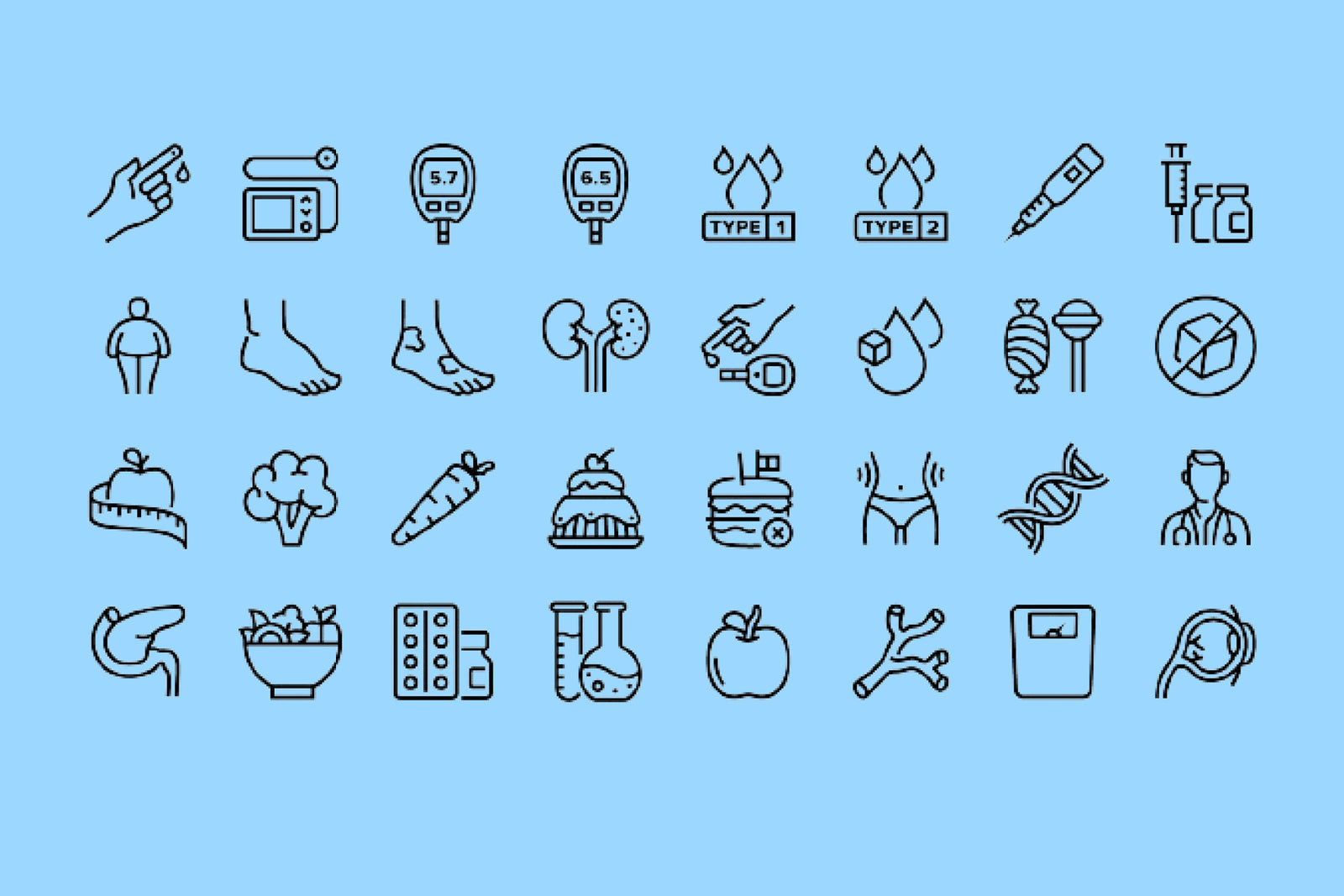PARK2 Genotype and Back Pain: What Your Genes May Tell You
Lower back pain is common and often becomes more likely with age. One driver of age related back pain is degenerative disc disease, where the cushioning discs between vertebrae gradually break down. Genetics can influence how likely someone is to experience pain from disc degeneration. One gene involved is PARK2, which helps clear damaged cell parts through a process called mitophagy. Variations in PARK2 can affect how well cells remove damaged mitochondria and proteins, potentially increasing inflammation and susceptibility to disc-related pain.
How PARK2 affects spinal health
PARK2 makes parkin, a protein that helps tag damaged cellular components so they can be removed. When mitophagy works well, cells stay cleaner and healthier. If mitophagy is less efficient, damaged organelles and proteins can accumulate in tissues, including spinal discs. This accumulation may raise local inflammation and accelerate degeneration of the disc structure, making discs less able to cushion vertebrae and contributing to back pain.
Practical steps everyone can take
- Adopt an anti inflammatory diet rich in fruits, vegetables, whole grains, lean proteins, nuts, seeds, and healthy fats like olive oil.
- Include Omega 3 fats from fatty fish or supplements to help reduce inflammation.
- Ensure adequate vitamin D through safe sun exposure, diet, or supplements if levels are low.
- Stay hydrated to support disc health and tissue elasticity.
- Exercise regularly with a mix of low impact cardio, core strengthening, and flexibility work to support spinal stability.
- Maintain healthy weight to reduce mechanical load on the spine.
- Practice good posture and ergonomic habits when sitting, lifting, and sleeping.
- Manage stress with techniques such as mindfulness, breathing exercises, or gentle movement, since stress can increase muscle tension and pain sensitivity.
Diet, supplements, and tests to consider
- Diet: Focus on whole foods, fiber rich plants, lean proteins, and anti inflammatory spices like turmeric and ginger.
- Supplements to discuss with your healthcare provider: vitamin D if deficient, Omega 3 fish oil, magnesium for muscle health, curcumin for inflammation, and collagen or hydrolyzed collagen to support connective tissues.
- Blood tests you may discuss with your provider: serum 25 hydroxy vitamin D, basic metabolic panel, high sensitivity C reactive protein for inflammation, and thyroid function if unexplained pain or fatigue is present.
- Work with a physical therapist for tailored strengthening and mobility programs, and with a clinician if pain is persistent or worsening.
Genetic interpretation
2 effect alleles (CC) — Increased risk of pain from degenerative disc disease
You have two copies of the effect allele at rs926849. This genotype is associated with an increased risk of pain from degenerative disc disease. Your PARK2 variant may reduce how efficiently mitophagy clears damaged mitochondria and worn cellular components. Over time this can allow damaged parts to build up in spinal disc tissue, which may raise local inflammation and worsen disc degeneration. That process can make discs less able to cushion the vertebrae and increase susceptibility to lower back pain.
Recommendations
- Emphasize anti inflammatory foods and regular intake of Omega 3 fats.
- Check vitamin D levels and correct deficiency under the guidance of your healthcare provider.
- Prioritize low impact exercise and core strengthening to protect the spine.
- Consider talking to your provider about supplements such as Omega 3, vitamin D, magnesium, and curcumin.
- Monitor symptoms and seek clinical evaluation for persistent or worsening pain, numbness, or weakness.
1 effect allele (CT) — Likely increased risk of pain from degenerative disc disease
You carry one copy of the effect allele at rs926849, which is associated with a likely increased risk of pain from degenerative disc disease. This variant may modestly affect mitophagy efficiency. When cellular cleaning is not optimal, damaged mitochondria and proteins can accumulate and promote inflammation in disc tissue. This can contribute to the degenerative process that underlies disc related back pain.
Recommendations
- Follow an anti inflammatory eating pattern and include fatty fish or Omega 3 supplements if appropriate.
- Maintain a regular program of low impact aerobic exercise, spinal mobility work, and strengthening of core and hip muscles.
- Manage body weight and posture to reduce mechanical stress on discs.
- Discuss vitamin D testing with your healthcare provider and address deficiencies.
- If pain develops or worsens, seek guidance from a clinician or physical therapist for targeted care.
0 effect alleles (TT) — Typical risk for PARK2 related back pain
You have two copies of the non effect allele at rs926849, indicating typical PARK2 function and typical risk for PARK2 related back pain. Your parkin protein is likely to support normal mitophagy, helping clear damaged mitochondria and unwanted proteins from cells. This cellular housekeeping supports healthy disc cells and may reduce the accumulation of damage that contributes to inflammation and disc degeneration.
Recommendations
- Continue preventive measures: anti inflammatory diet, hydration, vitamin D monitoring, and regular exercise focused on core and spinal health.
- Maintain healthy weight and ergonomic habits to protect your spine over time.
- Return to clinical care if you experience persistent, progressive, or severe back pain or neurologic symptoms.
When to seek care
- If pain is severe, getting worse, or limits daily activities.
- If you have numbness, tingling, weakness, or changes in bowel or bladder function.
- If home based approaches do not improve symptoms after a few weeks.
PlexusDx provides education about genetic predispositions only. This information is not medical advice. Always discuss genetic results, testing, supplements, medications, and major lifestyle changes with your healthcare provider before starting them. Use your results as one piece of information to guide conversations about prevention, monitoring, and care with qualified clinicians.

Share:
BACK PAIN | CASP9 (rs4645978)
INFLAMMATION | TNF (rs1800629)